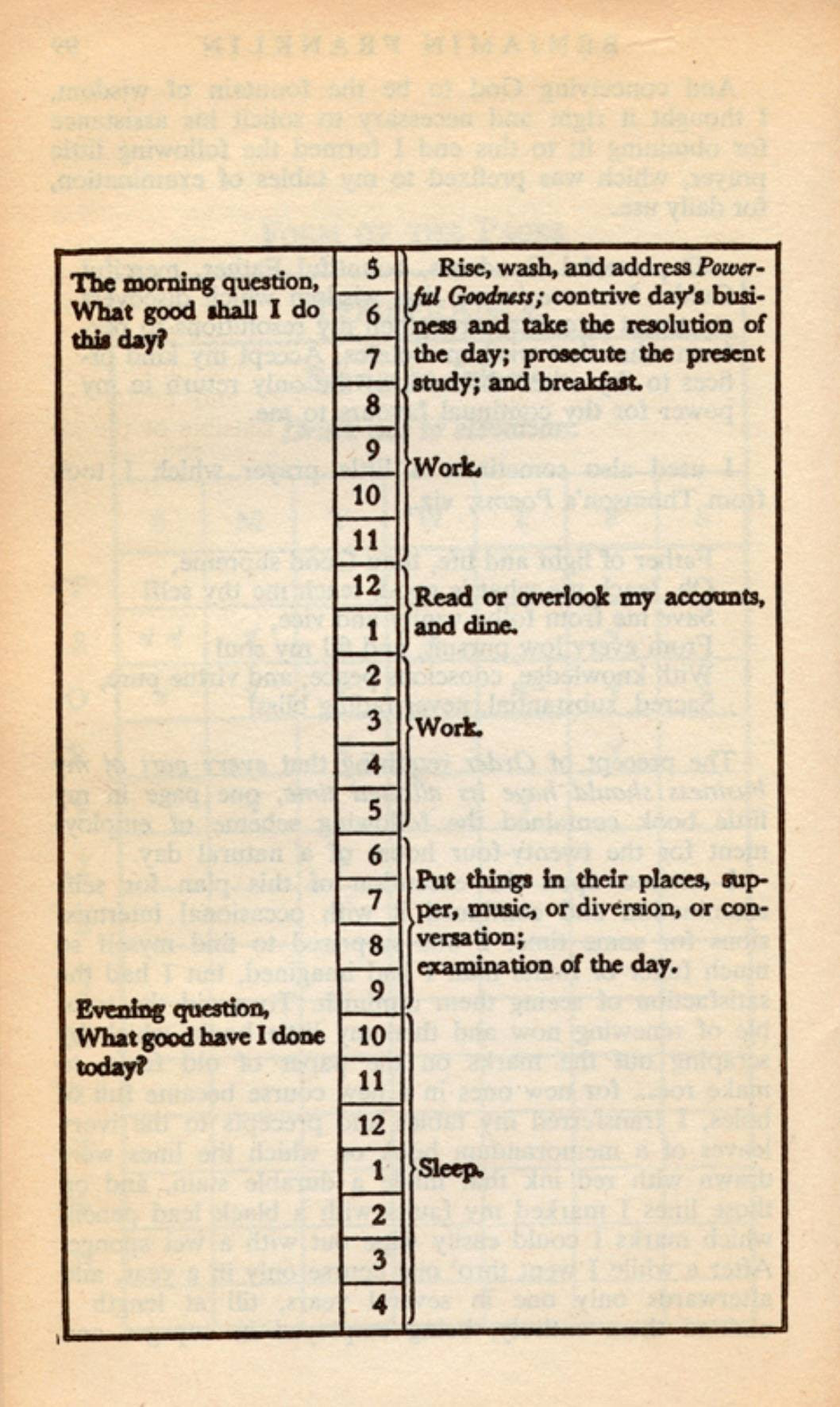This email wraps up the ownership series. Next up: a 4 part series on Relationships — building, maintaining, communicating, and transacting.
Activity Journal of Ownership:
Keep an activity journal. In today’s daily stoic email, Ryan Holliday mentioned this task. Every day, by the hour, write down what you are doing. By doing this you will take ownership of your time, relationships, and yourself! I use a panda planner. By doing this you’ll quickly see what you can control and can’t. Doing this daily, helps you keep track of exactly where to focus and how to adapt. I covered time blocking previously so do this with the thought of “What do I control?” and “What outcome will this provide?”
Ownership Summary:
Authentic leadership isn’t about status or authority. It’s about ownership—taking full responsibility for everything within your control and having the humility to admit when things go wrong. Great leaders don’t blame others. They look in the mirror.
This philosophy, captured powerfully by Jocko Willink in Extreme Ownership, defines what it means to be a founder. From product decisions to team performance, founders must own everything. That includes hiring choices, customer relationships, strategic pivots, and even the mistakes others on the team make—because ultimately, the founder sets the tone, creates the systems, and hires the people.
Founder's Mode Isn’t One-Size-Fits-All
Owning the business doesn’t mean micromanaging every detail forever. The key is learning when to zoom in—and when to zoom out. Early in the startup journey, founders need to be deep in the trenches: setting KPIs, defining culture, understanding customers, and personally moving the needle. But as the company grows, leaders must develop a flexible management style—a retractable leash, if you will.
Just like veteran founder Mark Britto, leaders must learn to communicate expectations clearly, step in when needed, and step back when their team is thriving. The secret? Tying your level of involvement to your highest priority each quarter—not spreading yourself thin across every issue.
Depth Over Breadth
Ownership doesn’t mean being everywhere—it means knowing what matters and going deep. Many entrepreneurs make the mistake of staying too broad for too long, chasing every opportunity, and talking to too many customers. But growth comes from building a truly remarkable product, cultivating a few high-leverage customer relationships, and developing strong bonds with your team and investors. Once you do this successfully, then you can scale.
This depth—this level of engagement and understanding—gives you real leverage. One killer product feature. One thrilled customer. One rock-solid team. One very supportive investor. These are the building blocks of sustainable growth and long-term ownership.
Control the Controllables
Leadership is also about knowing your limits. You can’t control the economy, competitors, politics, or a surprise product flop. But you can control your reaction, your effort, your focus, and your communication. You can control how you defend or risk mitigate these potential issues. What if we do go into a recession? Are you ready? Do you have a plan?
When things go sideways—and they always do—great leaders adapt. They don’t spiral into blame or stress. They shift their mindset, recalibrate, and move forward with clarity. Whether it’s a startup challenge or a personal setback, ownership means focusing on what’s within your power and letting go of the rest.
Final Takeaway: Own It All
Leadership isn’t about being perfect. It’s about being accountable. Whether you're in the weeds or flying at 30,000 feet, the best founders lead by example—taking total ownership of their company, their priorities, their relationships, and their mindset.In turn, employees and others start to take ownership; it becomes a flywheel.
Ask yourself this week:
What am I blaming others for that I need to own?
Where do I need to go deeper instead of broader?
What’s my current top priority, and am I managing accordingly?
What can I actually control today—and how can I focus more energy there?
Because at the end of the day, leadership is ownership.
Don’t forget: Own the weekend! Put on a different hat or identity and go let loose for a while.





